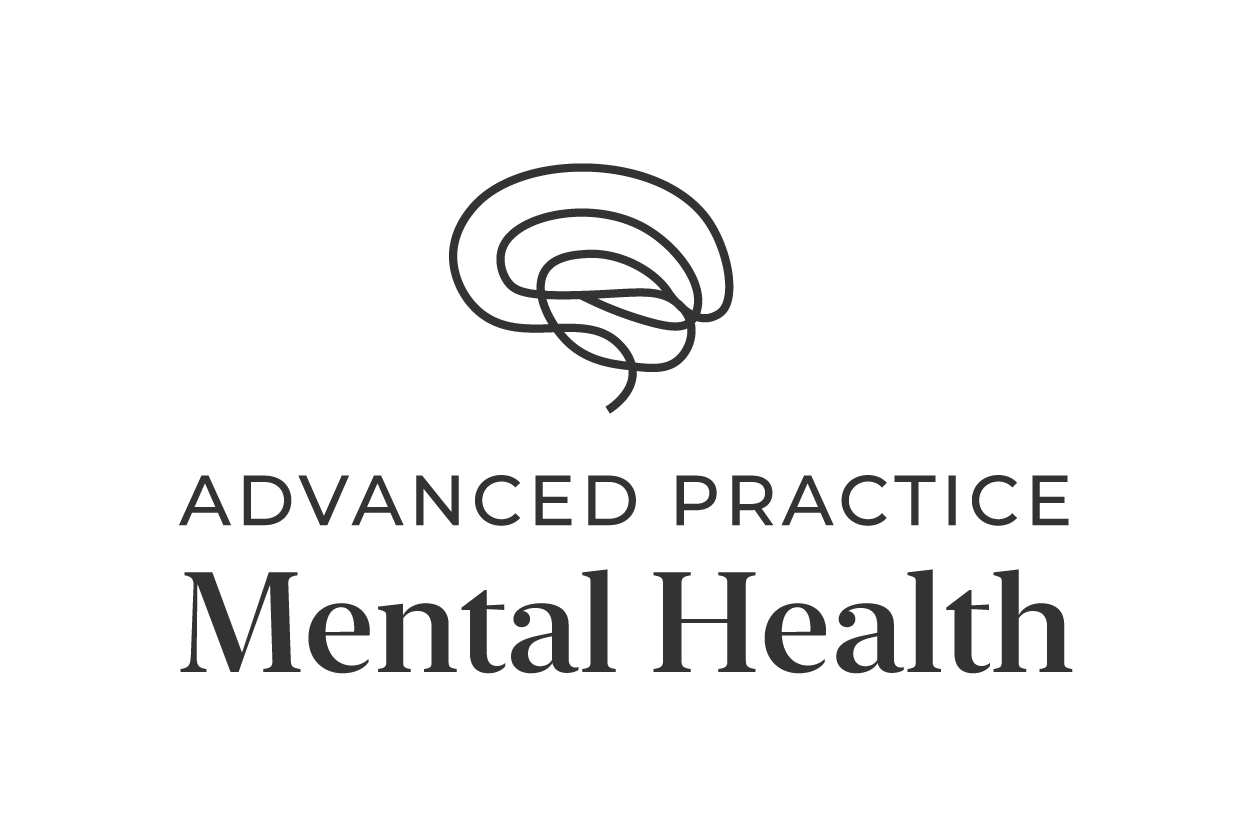
Find a mental healthcare provider who meets your needs.
Connecting you with me
1
What are you looking for?
You’ll be asked a few questions to help us tailor our sessions specifically to your needs.
2
Personalized suggestions.
We’ll work together
3
Schedule Your First Visit
Schedule your first therapy
FAQs
What is mental illness?
Mental illnesses are conditions that affect a person’s thinking, feeling, mood or behavior, such as depression, anxiety, bipolar disorder, or schizophrenia. Such conditions may be occasional or long-lasting (chronic) and affect someone’s ability to relate to others and function each day.
What is mental health?
Mental health includes our emotional, psychological, and social well-being. It affects how we think, feel, and act. It also helps determine how we handle stress, relate to others, and make healthy choices.1 Mental health is important at every stage of life, from childhood and adolescence through adulthood.
How common are mental illnesses?
Mental illnesses are among the most common health conditions in the United States.
More than 50% will be diagnosed with a mental illness or disorder at some point in their lifetime.
1 in 5 Americans will experience a mental illness in a given year.
1 in 5 children, either currently or at some point during their life, have had a seriously debilitating mental illness.
1 in 25 Americans lives with a serious mental illness, such as schizophrenia, bipolar disorder, or major depression.
What causes mental illness?
There is no single cause for mental illness. A number of factors can contribute to risk for mental illness, such as
Early adverse life experiences, such as trauma or a history of abuse (for example, child abuse, sexual assault, witnessing violence, etc.)
Experiences related to other ongoing (chronic) medical condition, such as cancer or diabetes.
Biological factors, such as genes or chemical imbalances in the brain
Use of alcohol or recreational drugs
Having few friends
Having feeling of loneliness or isolation
When should you consider psychotherapy?
Because of the many misconceptions about psychotherapy, you may be reluctant to try it out. Even if you know the realities instead of the myths, you may feel nervous about trying it yourself.
Overcoming that nervousness is worth it. That’s because any time your quality of life isn’t what you want it to be, psychotherapy can help.
Some people seek psychotherapy because they have felt depressed, anxious, or angry for a long time. Others may want help for a chronic illness that is interfering with their emotional or physical well-being. Still others may have short-term problems they need help navigating. They may be going through a divorce, facing an empty nest, feeling overwhelmed by a new job, or grieving a family member’s death, for example.
Signs that you could benefit from therapy include:
You feel an overwhelming, prolonged sense of helplessness and sadness
Your problems don’t seem to get better despite your efforts and help from family and friends
You find it difficult to concentrate on work assignments or to carry out other everyday activities
You worry excessively, expect the worst, or are constantly on edge
Your actions, such as drinking too much alcohol, using drugs, or being aggressive, are harming you or others
Why Psychotropics Are Prescribed
Psychotropics have been proven to help people with mental illness, including BPD as well as anxiety, bipolar disorder, depression, and schizophrenia.1
The National Institute of Mental Health found that patients with depression who were prescribed a psychotropic showed more progress in two months than those who went without treatment showed their entire lives.
Psychotropic drugs are by no means a cure-all. Instead, they work to help minimize symptoms of BPD, like intense mood swings or violent episodes, that can interfere with therapy. Psychotropics take the edge off so you can develop skills to cope with and better manage your mental health.1
Types
Depending on your mental health condition and symptoms, your doctor could prescribe one of the following types of psychotropics:
Antidepressants
Antipsychotics
Anxiolytics
Hypnotics
Mood stabilizers
Facts About These Drugs
Many psychotropic drugs are not designed to work instantly. For some, the medications can take several weeks to have their full effect, while others may need to try several different medications before finding the right one. Everyone responds to medication differently, so do your best to be patient and keep your healthcare provider informed on how you're feeling.2
Before taking psychotropic drugs, be sure to share with your healthcare provider any known medical issues, such as heart conditions, diabetes, or high blood pressure, to ensure the medication won't aggravate these preexisting conditions.
